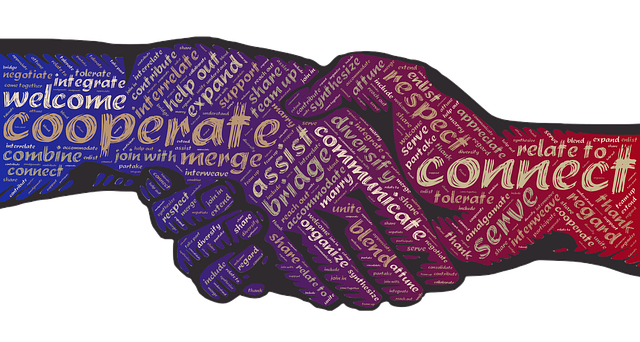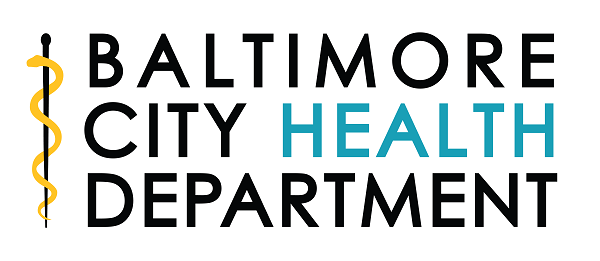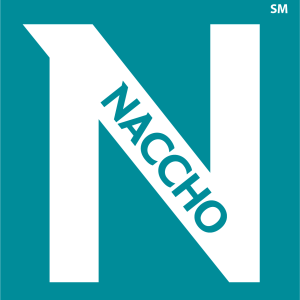This is Part 2 of NACCHO’s Stories from the Field series on HIV self-testing programs at local health departments (LHDs). LHDs are uniquely positioned to engage with community partners and healthcare providers to ensure that HIV testing is available and that testing efforts are reaching priority populations, including communities of color, gay and bisexual men, transgender men and women, youth, and people who inject drugs. To learn about other innovative efforts, check out the other blogs in the series: Implementing HIV Self-Testing with Limited Staff Capacity.
Partnering for Success

In Baltimore, Maryland, Johns Hopkins University (JHU) and the Baltimore City Health Department (BCHD) have partnered to expand access to HIV testing in communities during and beyond COVID-19. In July 2019, BCHD partnered with JHU’s I Want the Kit (IWTK), a public health initiative providing easy and confidential STI testing in Maryland since 2004. IWTK aims to remove the stigma surrounding STI testing by offering testing for gonorrhea and chlamydia at home. Now, individuals in Baltimore can order and perform a rapid HIV self-test at home or another location, in addition to the STI testing offered through IWTK.
As one of three jurisdictions which received “jumpstart” funding from the federal Ending the HIV Epidemic (EHE) initiative, Baltimore City wanted to expand access to HIV testing to those for whom medical mistrust, stigma, and many other factors were a barrier to knowing their HIV status. Using part of this funding, BCHD approached IWTK in 2019 to begin offering HIV self-testing using IWTK’s existing platforms for self-testing.
IWTK’s HIV and STI testing is a streamlined process:
- Clients order STI tests online – individuals ordering can choose penile, rectal, vaginal and/or throat swabs.
- Individuals in Baltimore can also order a rapid HIV self-test, which delivers results in 20 minutes and does not require the lab processing outlined below in steps 3-4.
- BCHD/JHU staff mail clients their personalized self-collection kit along with detailed instructions for self-collecting samples.
- Clients self-collect their samples for STI testing and mail them back to IWTK’s laboratory at JHU, which has validated swabs for self-collection.
- Lab staff process the tests and notify a clinic of the client’s choosing of a positive test result to initiate treatment, if applicable (all positive results are reported to the city health department).
Any resident over the age of 14 in the applicable zip codes is eligible for STI testing, and those over 17 are eligible for HIV testing. Every kit contains information about confirmatory testing and treatment locations for HIV, PrEP resources, and a crisis response hotline.
Integrating HIV Self-Testing: Tips for Success
- Identify key community-based organizations, research initiatives, and health care providers in your jurisdiction with existing infrastructure or community relationships to support self-testing implementation and outreach.
- Include self-testing as a complement to existing LHD programs, such as DIS, condom distribution, and other sexual health promotion.
- Link PrEP education and information about PrEP services to your program’s website and marketing tools.
- Share pictures of a test kit’s contents on your website/ordering platform to show individuals what to expect when they order a test.
- Share information about confidentiality when clients order a test: provide a list of who will and will not be contacted about testing results.
Sharing Capacity, Extending Reach
The collaboration between BCHD and JHU is a key example of the importance of health department-community partnerships — each partner’s expertise and resources amplify that of the other. Because JHU’s IWTK program already had a robust infrastructure for lab processes, mailing logistics, and data analysis, BCHD can focus its resources on community outreach, purchasing kit supplies and assembling kits, and integrating self-testing into other programs.
Before COVID-19, BCHD marketed the program as an alternative option for clinic-based testing, promoting it mainly through dating apps and related health department outreach, such as their condom distribution program and DIS staff. With clinic closures due to the pandemic, individuals who contact BCHD about HIV testing are often redirected to visit I Want The Kit’s website. Looking forward, BCHD and IWTK hope to add dried blood spot (DBS) testing to their non clinic-based self-collected model, which would allow individuals access to more types of testing, such as syphilis testing, without visiting a clinic or lab.
Non clinic-based self-collected testing is a critical tool for LHDs and other providers to reduce barriers to HIV and STI testing. Baltimore’s program shows that partnerships are essential when developing and scaling up self-testing programs. For more information about self-testing for HIV, visit CDC’s webpage and check NACCHO’s blog, The Essential Elements of Local Public Health, for more self-testing resources for LHDs.




